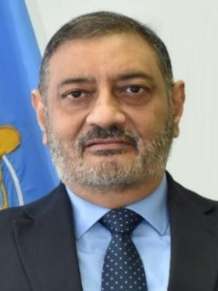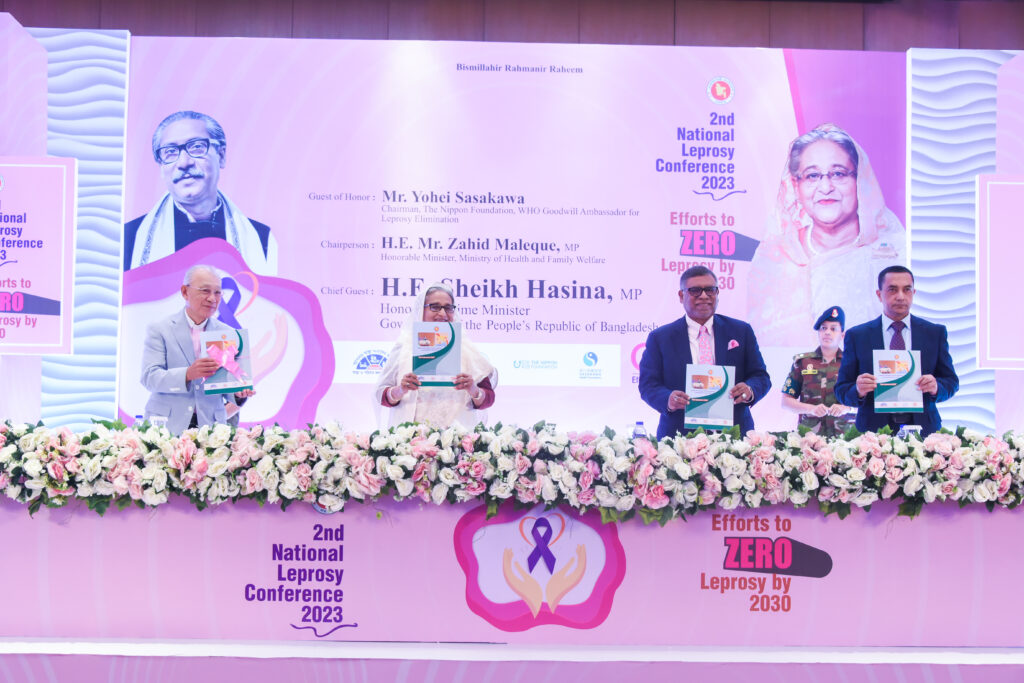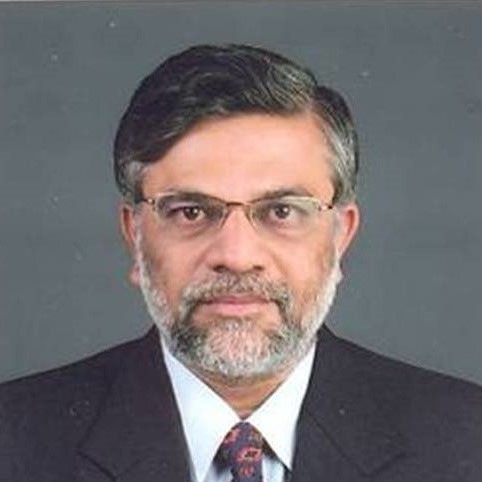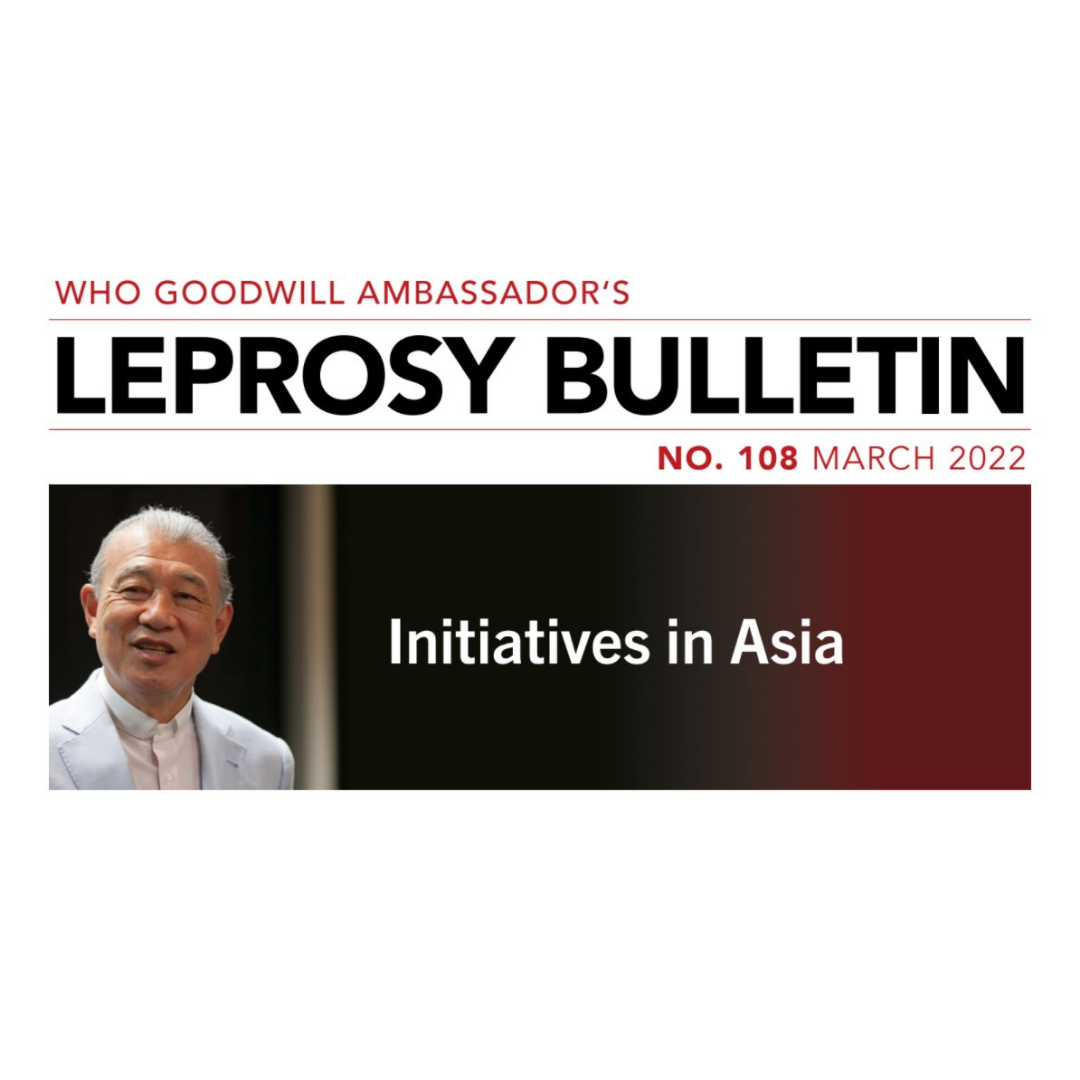
Dr. Bardan Jung Rana
WHO Representative
World Health Organization Country Office for Bangladesh
Dr. Bardan is a medical doctor who also completed a master’s degree in public health at the National University of Singapore and postgraduate studies in tropical medicine and hygiene at London University. He has been WHO Representative to Bangladesh since December 2017.
Leprosy is an ancient neglected tropical disease that still occurs in more than 120 countries across the world. According to the World Health Organization (WHO), 174,087 new cases were detected globally in 2022, corresponding to a detection rate of 21.8 per million population. This represented an increase of 23.8% over the 140,594 new cases detected globally in 2021. The South-East Asia region alone accounts for 71.4% of these new cases, with 70.1% child cases and a child case detection rate of 14 per million child population.
Bangladesh is one of the 23 priority countries with a high burden of leprosy, ranking fifth in the world according to WHO. Almost 3,000 new leprosy cases were detected in the country in 2022.
Bangladesh continues to strive towards achieving elimination of the transmission of leprosy and there have been concerted efforts over the years actively led by the government and supported by partners. The country achieved public health elimination of leprosy in 1998 at the national level and has repealed the 1898 Lepers Act, ensuring there are no discriminatory laws against persons affected by leprosy.
At the 2nd National Leprosy Conference in Dhaka on Nov. 12, 2023, Bangladesh unveiled a new National Strategic Plan for Leprosy 2023-2030, which aims to achieve zero leprosy by 2030. The plan focuses on four strategic pillars: strengthening leprosy services and integration into the general health system; preventing the occurrence and worsening of disabilities by timely detection and effective management of complications; promoting social inclusion and empowerment of people affected by leprosy; and enhancing research, monitoring, and evaluation.

The Government of Bangladesh, in collaboration with WHO, national and international NGOs, and people living with leprosy, has been carrying out various leprosy control activities to achieve the goal of eliminating leprosy transmission by 2030. These leprosy control activities are expected to contribute to the reduction of leprosy burden, the improvement of health outcomes, and the elimination of stigma and discrimination for people living with leprosy in Bangladesh. Some of the leprosy control activities in Bangladesh in 2023 included integrating leprosy services into the general health system, scaling up preventive chemotherapy with single-dose rifampicin for contacts of leprosy patients, providing comprehensive care for people living with leprosy, enhancing the involvement and participation of people living with leprosy and their organizations in leprosy control activities, improving the monitoring and evaluation of leprosy programs, and advocating for the adoption of anti-discrimination laws.
The Sasakawa Leprosy (Hansen’s Disease) Initiative has been supporting this effort by the Government of Bangladesh, funding key activities towards attaining elimination of leprosy transmission. I appreciate this continued support by the Initiative, which has been pivotal in the decline of reported cases over the years, the decrease in stigma and discrimination, and our efforts to eliminate leprosy transmission in Bangladesh.
WHO continues to engage with the National Program and its partners and provides strategic support in developing an integrated, country-owned zero leprosy roadmap; scaling up leprosy prevention alongside integrated active case detection; managing leprosy and its complications and preventing new disability, combating stigma, and ensuring human rights are respected. WHO strives towards supporting the country to achieve zero infection and disease, zero disability, zero stigma and discrimination, and the elimination of leprosy through interruption of transmission. We also recognize that global and national investment is essential to achieve zero leprosy. We appreciate and remain a committed partner of the Sasakawa Leprosy (Hansen’s Disease) Initiative in this effort towards attaining the elimination of leprosy transmission in Bangladesh.









